CCTST IS COMMITTED TO DIVERSITY, EQUITY, & SOCIAL JUSTICE IN CLINICAL & TRANSLATIONAL RESEARCH
Dear Friends,
This is an incredibly challenging time. We have witnessed disparate rates of deaths from COVID-19 in Black Americans and other communities of color. In addition, the recent horrendous acts of violence perpetrated against Black Americans have highlighted the structural inequalities caused by centuries of racism that persist in our country and community. The societal and public health crisis of racism has implications on social determinants of health, well-being, opportunities, and contributes to disparities in care in health outcomes, and research opportunities.
The CCTST is committed to promoting diversity, equity, and social justice in clinical and translational research. To that end, we will recommit to pipeline programs and training that lead to a diverse translational research workforce; invest in research focused on the impact of bias on health outcomes, processes/methods for recruiting, retaining, and engaging marginalized populations in research, and disseminating and implementing patient/community-engaged solutions that promotes health equity and reduces health disparities. We will also promote and invest in research focused on structural factors and social determinants of health. Only then can we truly achieve our vision of reducing disparities and improving equity in our community.
Sincerely,
Jareen Meinzen-Derr, PhD, Jessica Kahn, MD, Achala Vagal, MD & Jeff Strawn, MD on behalf of the CCTST
COMMUNITY VOICES
We connected with individuals from our Greater Cincinnati community to listen to their thoughts on social unrest and research to understand how we as researchers can do better. Here’s what our community had to say:
HOW CAN RESEARCHERS HELP PROMOTE SOCIAL JUSTICE & REDUCE HEALTH DISPARITIES?
WHAT DO YOU WANT TO HEAR FROM RESEARCH STAFF ABOUT THE SOCIAL UNREST?
Five steps we are currently taking to promote diversity & equity while developing a comprehensive strategy:
-
Continued support of the Biomedical Research Internship for Minority Students (BRIMS) program for high school seniors and college freshman (click here for details).
Implemented a strategy for promoting diversity in early career researchers through our KL2 program (click here for details).
-
Implementing an equitable approach to recruitment and enrollment for COVID-19 research across the academic health center (AHC) knowing that Black and Hispanic communities have been hit hardest by the pandemic.
-
CCTST provides a Grand Round series for clinical and translational researchers. We commit to focus at least 25% of presentations on health equity topics.
Hiring a consultant to train research faculty in implicit bias and strategies for dismantling racism to build a community of practice to advance health equity research
Developing a graduate course on racism in research
Continuing to support and invest in a Health Equity Day and partner which will include partnering with the community regarding solutions to the healthcare and research challenges faced by our community
-
Gathering resources to help researchers build knowledge and skills to enable them to conduct research that promotes health equity (click here for details).
-
Disseminating local research related to health equity back to the community.
CCTST DIVERSITY, EQUITY & INCLUSION NEWS
DIVERSITY, EQUITY & INCLUSION RESOURCES
University of Cincinnati - Office of Equity & Inclusion
Learn more about how the University of Cincinnati promotes diversity, equity and inclusion within their academic community.
CTRonline: Health Equity & Social Justice Modules
CTRonline: Community-Engaged Research Modules
CTRonline is an online educational library that offers an array of clinical and translational research training modules. Modules are free and open to the public.
Cincinnati Children’s Hospital Medical Center - Diversity, Equity & Inclusion
Learn more about how Cincinnati Children’s Hospital Medical Center’s focus on DEI is strengthening their patient care, research and educational mission.
Graduate Certificate in Community-Engaged Research for Health
The Certificate program provides students with the skills and resources needed to conduct community-engaged research.
Requires 12 credit hours of coursework, which can be completed on a part-time basis…learn more about the Certificate program.
Social Justice, Racism & Health Resources
Resources to help researchers build knowledge and skills to enable them to conduct research that promotes health equity.










